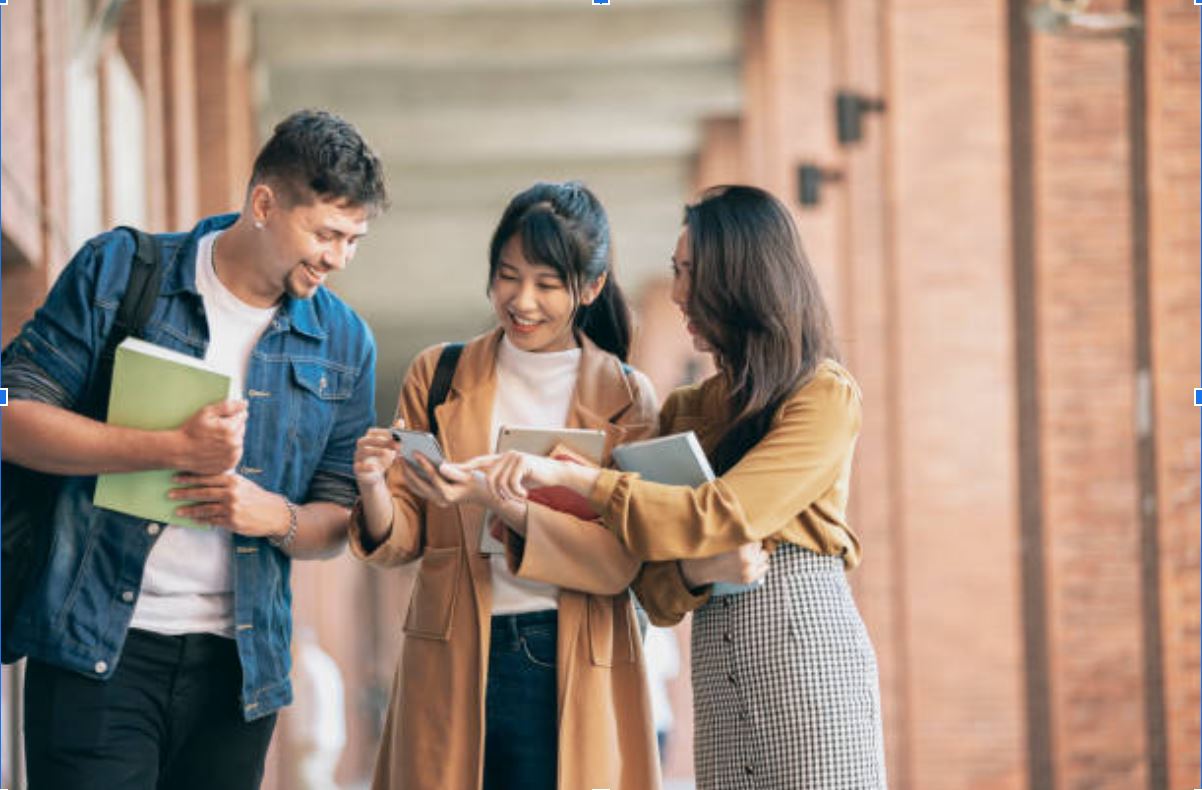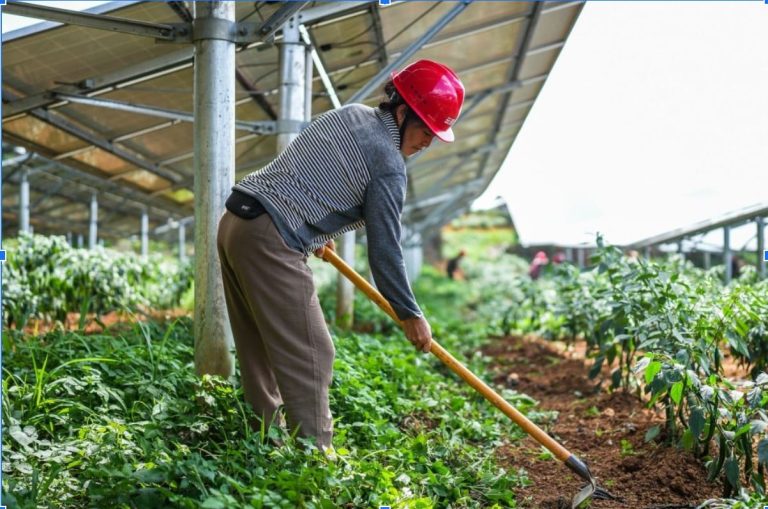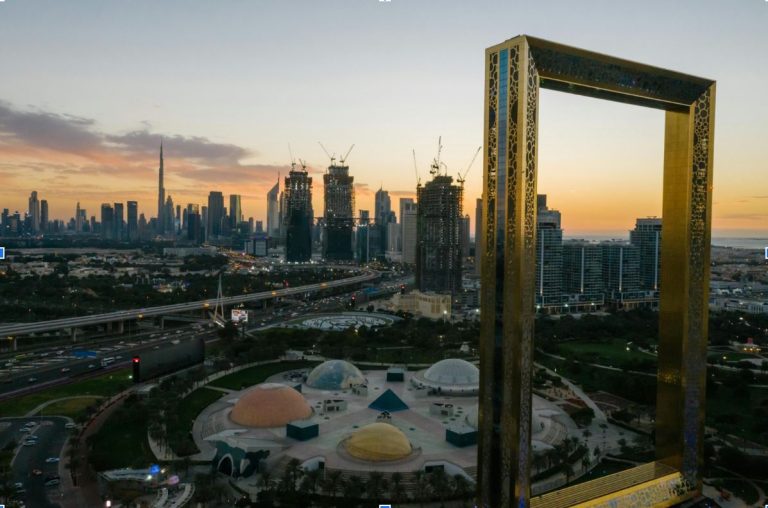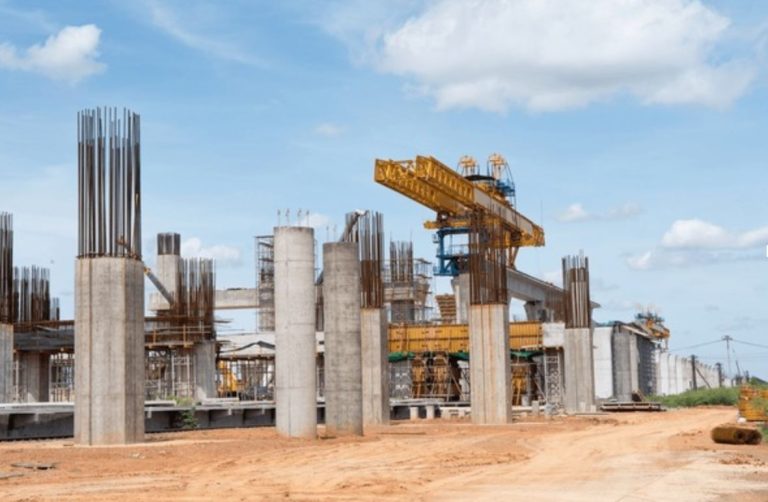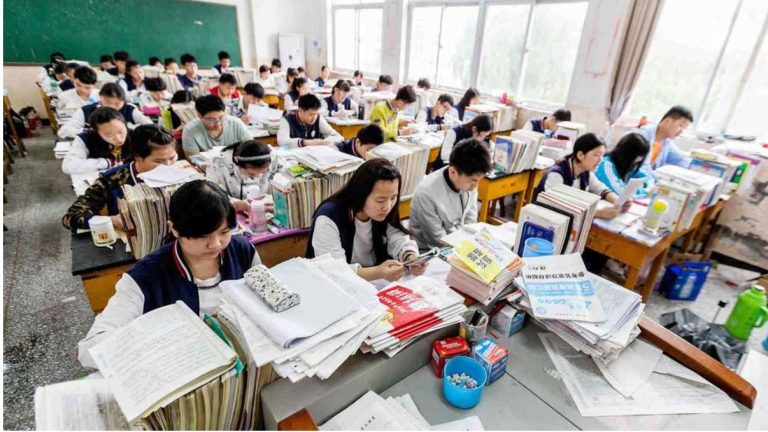UAE’s Cultural Diplomacy: Building Bridges and Enhancing Global Influence Through Soft Power
Abu Dhabi, UAE – The United Arab Emirates has strategically emerged as a formidable player in global cultural diplomacy, leveraging its rich heritage and modern vision to foster international understanding and enhance its soft power. This deliberate cultivation of cultural exchange, tourism, and education initiatives is not merely about showcasing national identity; it is a sophisticated approach to building bridges, influencing global perceptions, and forging stronger diplomatic ties in an increasingly interconnected world.
The Strategic Imperative of Cultural Diplomacy
Over the last decade and a half, the UAE has meticulously transformed itself from a desert landscape into a global destination for culture and tourism. This transformation is a cornerstone of its soft power strategy, aiming to influence the world through attraction rather than coercion [1]. The UAE’s investments in cultural diplomacy and large-scale tourism events have demonstrably bolstered its soft power by adding legitimacy to its image, creating opportunities for global partnerships, and improving cultural exchange [1].
Key initiatives and their impact include:
- World-Class Cultural Institutions: The establishment of iconic institutions like the Louvre Abu Dhabi has positioned the UAE at the center of the regional art landscape, promoting its image and cultural capital globally [1]. These institutions serve as platforms for cross-cultural dialogue and artistic exchange.
- Mega-Events and Tourism: By hosting major international events and promoting itself as a tolerant and diverse tourist destination, the UAE has effectively countered criticisms and projected a positive image globally [1]. This strategy attracts millions of visitors annually, exposing them to the UAE’s unique blend of tradition and modernity.
- International Education Hub: The UAE is actively promoting itself as a hub for learning, research, and innovation through international education institutions. This attracts students and academics from around the world, fostering intellectual exchange and long-term relationships [1].
- Cultural Exchange Programs: Programs like the UAE/Korean Cultural Exchange, launched in Abu Dhabi, exemplify the nation’s commitment to fostering mutual respect and understanding through direct engagement. Such initiatives highlight the important and vital role of cross-cultural exchange in strengthening bilateral ties and promoting the prosperity of people [2].
Trend Analysis: From Regional Player to Global Cultural Influencer
The UAE’s cultural diplomacy efforts reflect a significant trend in its foreign policy: a shift from a largely reactive stance to a proactive and influential role on the global stage. This evolution is driven by several key factors:
- Economic Diversification: Cultural diplomacy is integral to the UAE’s broader strategy of diversifying its economy away from oil. By developing tourism, arts, and education sectors, the UAE is creating new revenue streams and job opportunities, ensuring long-term economic stability.
- Nation Branding and Reputation Building: Through strategic investments in culture and tourism, the UAE is actively shaping its international brand as a progressive, tolerant, and innovative nation. This deliberate image-building enhances its diplomatic engagement and international perception [1].
- Soft Power Projection: The UAE recognizes that cultural attraction is a powerful tool for influencing international relations. By showcasing its vibrant culture and commitment to global collaboration, it aims to build goodwill and foster alliances that serve its strategic interests.
- Youth Engagement: A focus on youth exchange programs, such as those with the US, aims to cultivate future generations of global citizens who possess a deeper understanding and appreciation of diverse cultures. This long-term investment in human connection is crucial for sustainable international relations.
Challenges and the Path Forward
While the UAE’s cultural diplomacy has achieved considerable success, it also faces challenges. The effectiveness of soft power can be difficult to quantify, and perceptions can be influenced by geopolitical events or criticisms related to human rights [1]. However, the UAE’s continuous efforts to promote cultural integration, facilitate cross-cultural interactions, and implement specialized programs demonstrate a commitment to addressing these complexities [3].
The nation’s cultural agenda, such as the UAE Culture Agenda 2031, outlines plans to boost visitor numbers and increase the sector’s GDP contribution, emphasizing sustainability and innovation [4]. The Ministry of Culture actively supports dialogue, education, and cultural exchange to improve mutual respect and international collaboration [5]. These ongoing efforts signify a dynamic and adaptive approach to cultural diplomacy.
Conclusion: A Vision of Global Harmony Through Culture
The UAE’s cultural diplomacy is a compelling example of how a nation can strategically harness its cultural assets to achieve broader foreign policy objectives and contribute to global harmony. By investing in world-class cultural institutions, hosting mega-events, fostering international education, and promoting vibrant exchange programs, the UAE is not only enhancing its own global influence but also creating platforms for dialogue and understanding between diverse cultures. As the UAE continues to expand its cultural footprint, it offers a powerful vision of a future where shared cultural experiences and mutual respect serve as the foundation for a more peaceful and cooperative world. This proactive engagement underscores the enduring power of soft diplomacy in shaping a positive global narrative and building lasting international relationships.
References
[1] INSpire. (2024, November 7). UAE’s Modern Soft Power Strategies: Cultural Diplomacy and Global Influence. Retrieved from https://inspireaus.org/2024/11/07/uaes-modern-soft-power-strategies-cultural-diplomacy-and-global-influence/
[2] Ministry of Culture. (2018, March 27). The Ministry of Culture launches the UAE Korea Cultural Exchange Program in Abu Dhabi. Retrieved from https://moc.gov.ae/en/news/the-ministry-of-culture-lunches-the-uae-korea-cultural-exchange-program-in-abu-dhabi/
[3] Insights. (2024, January 29). UAE’s Cultural Mosaic: Embracing Diversity and Inclusion. Retrieved from https://ae.insightss.co/uaes-cultural-mosaic-embracing-diversity/
[4] UNESCO. (n.d.). Uae culture agenda 2031 – Policy Monitoring Platform. Retrieved from https://www.unesco.org/creativity/en/policy-monitoring-platform/uae-culture-agenda-2031
[5] Ministry of Foreign Affairs. (n.d.). Cultural and Public Diplomacy. Retrieved from https://www.mofa.gov.ae/en/the-ministry/the-foreign-policy/cultural-and-public-diplomacy

